Sustainable Packaging
Turning the tide on waste
Defining Sustainable Packaging
Sustainable packaging refers to the sourcing, development and use of packaging solutions with a reduced environmental footprint, within the overall context of sustainable waste management.
Packaging is crucial to our food system: it helps to protect food and beverages, guarantees product quality and safety, provides useful information to consumers and prevents food waste from spoilage. Unfortunately, it all too often comes at the expense of our planet.
Sustainable packaging may be achieved through a number of routes – such as the materials used to produce the packaging, minimising the carbon footprint of the production process or creating a circular economy by providing opportunities for reusing, refilling or recycling.
Why does sustainable packaging matter?
Rising consumer awareness of the ramifications of packaging waste – in the ocean, in landfill, even in the very air we breathe (1) – is driving a shift towards more sustainable packaging. This is coupled with international initiatives, like the UN’s 2022 End Plastic Pollution Resolution (2), and increasing governmental drives to tackle the issue (2).
Plastics are everywhere – and they affect people, wildlife and the natural world in damaging ways, although the full scale of effects is worryingly unknown. Undisputed, however, is that plastic exposure is detrimental to human health with wide-reaching consequences on fertility, hormones and the brain. The burning of non-recyclable materials is polluting the air we breathe while 11 million tonnes of plastic enter the oceans every year (source). Moreover, at least 800 marine and coastal species are affected by plastic pollution through ingestion and entanglement.
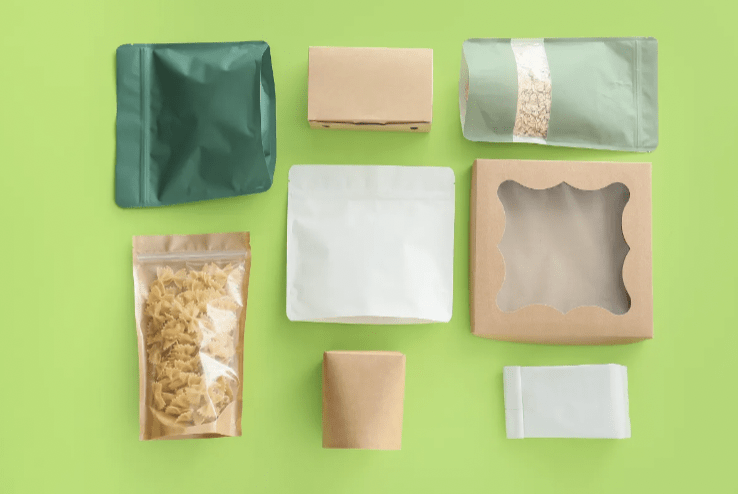
Discussing the 2022 UN resolution on plastic pollution, the NGO The Pew Charitable Trusts writes:
“Plastic production soared from 2 million tonnes in 1950 to 348 million tonnes in 2017, becoming a global industry valued at $522.6 billion, and it is expected to double in capacity by 2040. The impacts of plastic production and pollution on the triple planetary crisis of climate change, nature loss and pollution are a catastrophe in the making (3)”.
Opportunities and challenges
The good news is that packaging technology and engineering is developing at an extraordinary pace. The global green packaging market is expected to grow at a CAGR of 7.55% in the years leading to 2027 (4). The last five years have seen a dramatic increase in the breadth and range of eco-friendly packaging choices on the market, driven by growing consumer demand. Many innovators are tackling the issue with a multitude of different approaches, including:
- Reducing use of plastic packaging and virgin raw materials
- Increasing recyclability and reuse opportunities, e.g. by developing refillable systems
- Pioneering alternative packaging materials (e.g. edible/home-compostable) that are scalable and more environmentally friendly (e.g. mycelium, seaweed)
- Improving recycling infrastructure
- Educating consumers to drive new behaviours and habits around recycling, reusing and reducing
According to The Pew Trusts, transitioning to a circular economy based on sustainable packaging and reuse would reduce the volume of plastics entering oceans by 80 per cent over the next 20 years and decrease greenhouse gas emissions by 25 per cent (5).
For agrifood and CPG businesses, packaging also represents a significant amount of a product’s end cost, while food service businesses also lose out when it comes to food waste and packaging. Aside from the environmental impact, innovating on sustainable or reusable packaging can have a positive effect on a company’s costs and sustainability credentials.
Sustainable Packaging innovations in Switzerland
Swiss agribusiness multinationals including Nestlé and Givaudan have made public commitments on reducing their use of plastics. Nestle plans to have 100% recyclable or reusable packaging by 2025 (6) while the latter aims to eliminate single-use plastics across its operations by 2030 (7).
Switzerland has also birthed multiple startups developing new packaging techniques, including Valley members B’ZEOS (seaweed packaging) and Allcook.kitchen (low-waste meal delivery with minimal plastic waste) and MagicTomato (groceries sustainably delivered in minimum packaging).
This growing sector also has the benefit of expertise from Swiss federal institutions, universities and agronomy research organisations. At EPFL, the Sciences and Engineering of Materials study covers everything related to packaging, especially of food products while Agrôpole aims to accelerate new production methods to reduce waste and spoilage.
This huge topic cannot be solved in silos, and collaboration between startups, established multinationals, research institutions and governmental bodies is crucial to identifying ways to reduce plastic waste and transition smoothly to Sustainable Packaging in the food industry.
The Swiss ecosystem actors
Explore our Partners Directory to discover organisations leading the way in sustainable packaging. Use the filter function to refine your search and connect with key players shaping the future of this field.
Sustainable packaging
& the Sustainable Development Goals
The Sustainable Development Goals (SDGs) are a set of 17 global goals adopted by the United Nations in 2015 with the aim of ending poverty, protecting the planet, and ensuring peace and prosperity for all. Find out how sustainable packaging can contribute to to the delivery of these goals below.
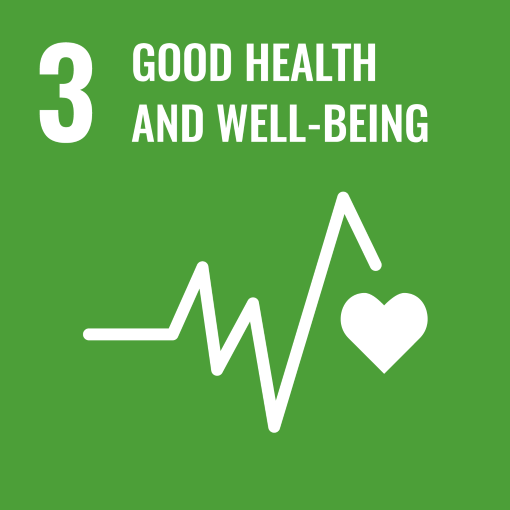
Find out more
Sustainable packaging can help to protect the safety and quality of food, which is important for public health.
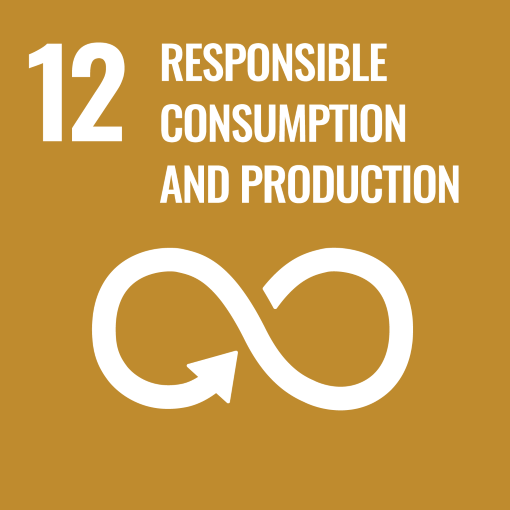
Find out more
Sustainable packaging can help to reduce the environmental impacts of packaging production and disposal, such as greenhouse gas emissions, water and energy use, and waste generation.
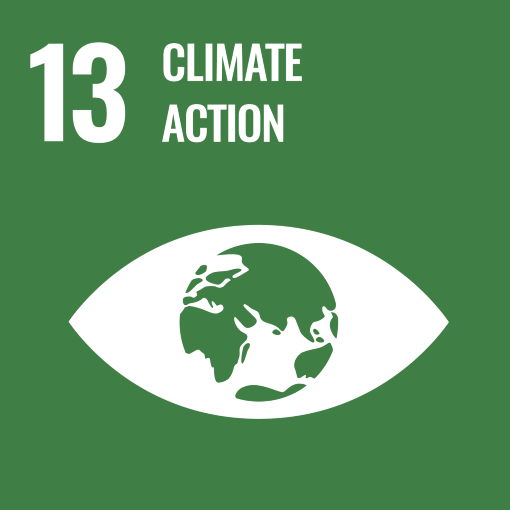
Find out more
The production and disposal of packaging can contribute significantly to greenhouse gas emissions. Sustainable packaging can help to reduce these emissions by using materials that have a lower carbon footprint and by promoting the reuse and recycling of packaging.
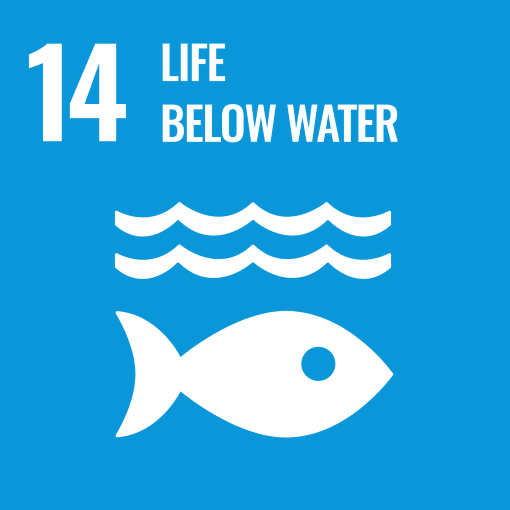
Find out more
Many types of packaging, particularly single-use plastics, can end up in the ocean and harm marine life. Sustainable packaging can help to reduce this pollution by using materials that are biodegradable or easily recyclable.

Find out more
Packaging can also contribute to land pollution and habitat destruction. Sustainable packaging can help to reduce these impacts by using materials that are biodegradable and by promoting the reuse and recycling of packaging.
